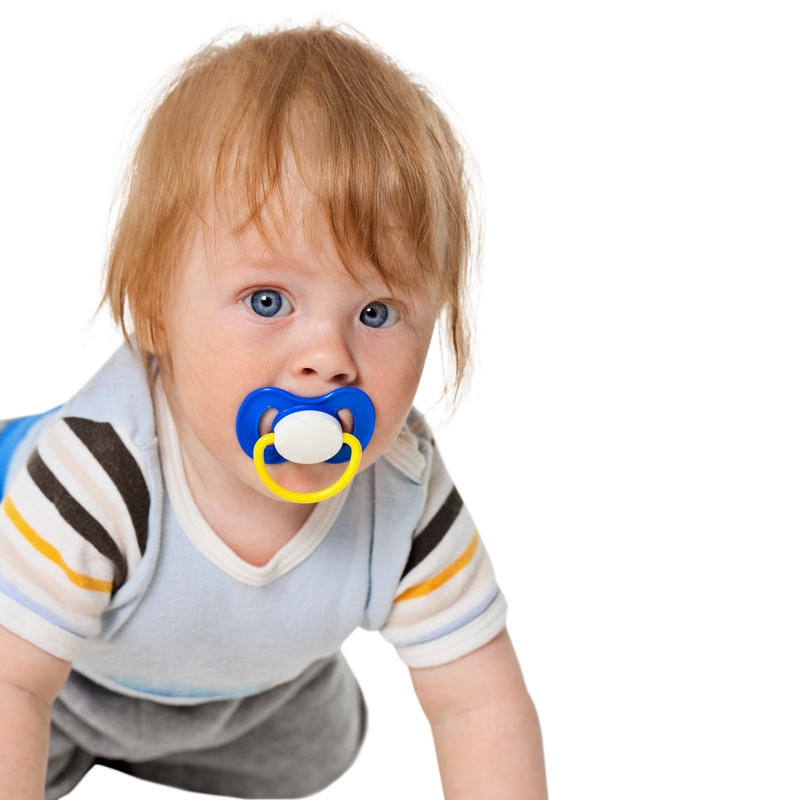 Sucking on a thumb or pacifier is extremely common in babies and toddlers. It offers a sense of safety, security and relaxation. However, prolonged sucking on a pacifier or thumb can result in a variety of dental issues. Thumb sucking or the use of a pacifier after age two can lead to a misalignment of teeth, changes in the shape of the roof of the mouth and result in problems with proper mouth growth. The risk of dental complications increases if the behavior continues after the teeth start coming in.
Sucking on a thumb or pacifier is extremely common in babies and toddlers. It offers a sense of safety, security and relaxation. However, prolonged sucking on a pacifier or thumb can result in a variety of dental issues. Thumb sucking or the use of a pacifier after age two can lead to a misalignment of teeth, changes in the shape of the roof of the mouth and result in problems with proper mouth growth. The risk of dental complications increases if the behavior continues after the teeth start coming in. According to the American Academy of Pediatric Dentistry, the majority of children will stop using a pacifier or sucking their thumb on their own between the ages of two and four. Here are a few tips to help your child break the habit:
· Limiting the use of a pacifier can help to decrease the dependency on it.
· There are a variety of creams found at your local pharmacy that you can apply to the thumb to help break the sucking habit.
· Reward your child as they begin to stop the action.
Since the behavior is common and soothing, there are a few precautious that help to limit the amount of permanent damage.
· Use “orthodontically correct” pacifiers as they reduce the risk of dental damage.
· Never give a baby a bottle of juice at bedtime, opt for water instead.
· Don’t use honey or sugar on the pacifier to help calm the baby.
· Try to only use a pacifier at nap or bed times.
Breaking a thumb sucking or pacifier habit can be very challenging for some children. Consult with our Ooltewah pediatric dentist to help your little one kick the habit and ensure healthy teeth.
